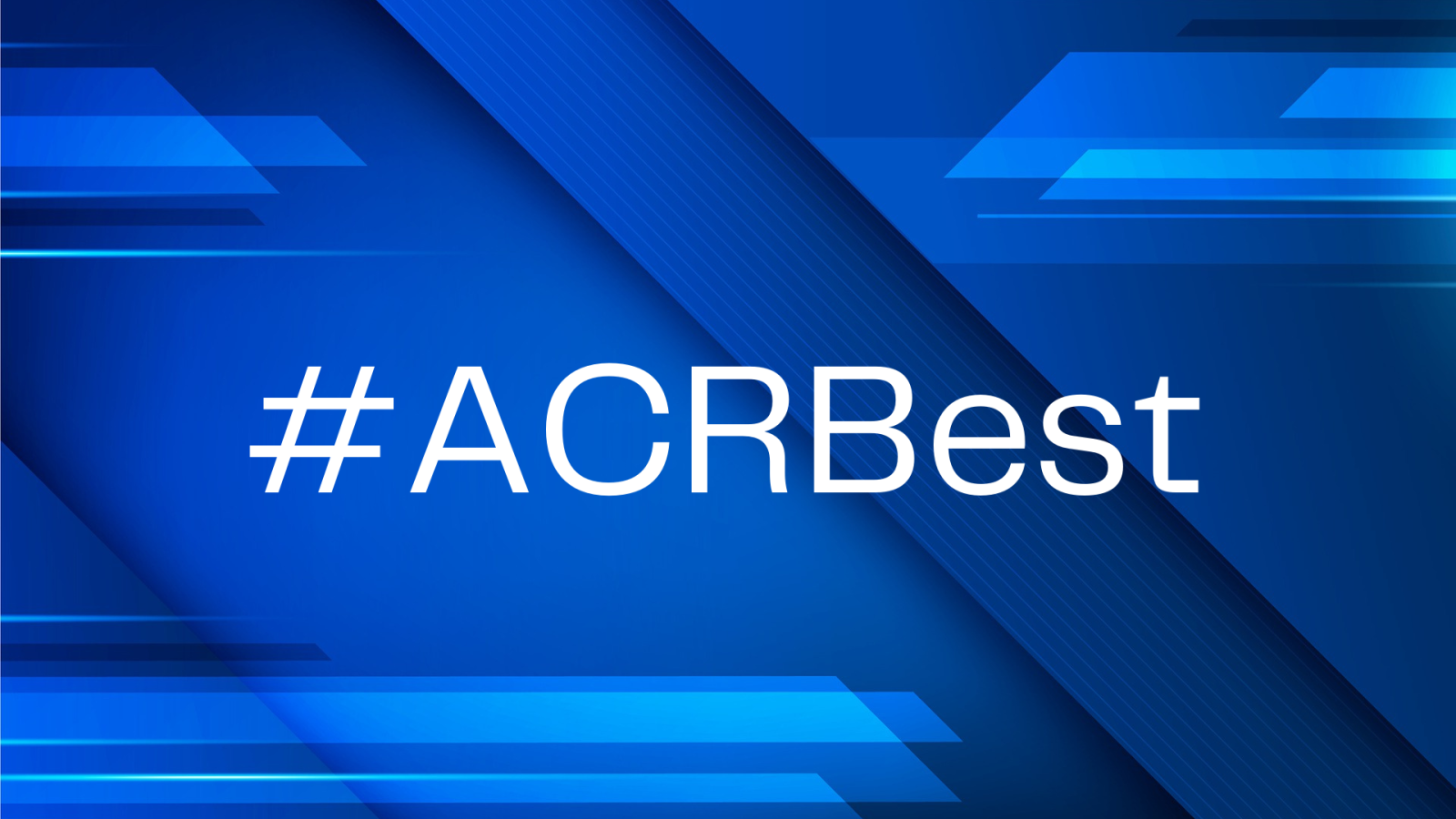Anti-Rheumatic Rx
For decades, glucocorticoids (GCs) have formed the backbone of polymyalgia rheumatica (PMR) management. Whilst previously there was a sense that a “low” GC dose with limited duration was used, we now appreciate just how heterogenous the disease course of PMR can be, with many patients experiencing frequent relapses and garnering a subsequent huge GC burden over a number of years.
A 52-week has demonstrated the safety and efficacy of ianalumab, a dual B cell depleter) in patients with active Sjögren's disease (SjD).
A recent study by Sparks et al reveals evolving trends in DMARD usage for rheumatoid arthritis over two decades in the United States. This retrospective analysis evaluated 407,728 DMARD initiation episodes among 229,365 unique patients from 2001 to 2021.
Join Drs. Jack Cush and Artie Kavanaugh as they review 15+ presentations and abstracts from the 2024 ACR Convergence meeting in Washington, DC.
In 1950, three scientists were awarded the Nobel Prize for their groundbreaking discovery of steroids, heralded at the time as a "miracle cure" for rheumatoid arthritis (RA). However, just a year after their introduction, evidence began to surface regarding the harmful side effects and withdrawal symptoms such as pain and fatigue that were independent of RA itself.
Randomized controlled trials (RCTs) drive guidelines; guidelines drive clinical practice. Because updated guidelines lag trials by many years and dissemination of guidelines takes additional time, rheumatologists often practice “behind the data.” The 2024 ACR Guidelines for the Management of SLE Nephritis reaffirmed many of our typical practice patterns, including hydroxychloroquine for all, renin/angiotensin blockade, and favoring mycophenolate
Managing health conditions is rapidly evolving as patients increasingly turn to online resources for answers—over 65% search for health-related questions online. Our study analyzed Google search trends for rheumatic disease topics, offering a fascinating glimpse into how online search behavior can reveal patient needs and experiences. This approach, known as "infodemiology," tracks real-time Google Trends data to understand symptom- and
Although the last day of ACR Convergence 2024 was but a half day - it was chock full of gems, many coming from the late breaking abstracts presented today. As chosen by the RheumNow faculty, here are some highlight presentations you need to know about.
Intervention in individuals predisposed to develop RA, with a holy grail of prevention of RA, has long been a hot topic. The 4-year results of the TREAT EARLIER study, presented at Tuesday’s oral abstract session, show that methotrexate appears to prevent the development of RA in high risk ACPA- patients.
Rheumatic diseases, such as axial spondyloarthritis (axSpA) and rheumatoid arthritis (RA), are marked by unpredictable disease flares that adversely impact quality of life and long-term outcomes. Advances in machine learning (ML) provide a promising avenue for predicting these flares, enabling proactive management and personalised interventions.
For many women, the journey to motherhood brings a sense of anticipation and joy. However, for those with rheumatoid arthritis, this journey presents unique challenges. At ACR Convergence 2024, researchers discussed how advancements in reproductive medicine and RA management are paving the way for improved outcomes.
We now have an absolute plethora of agents available for use in psoriatic arthritis (PsA). In contrast we have an almost complete lack of understanding of how best to optimise use of these agents – what is the right agent at the right time for the right patient. A study presented this week has given us some further information on the topic.
Highlights from Day 3 at ACR24 included the plenary session presentation on Nipocalimab (previously reviewed), but the big highlight was the Lupus Nephritis guideline recommendations.
This has been an interesting ACR meeting in terms of PMR updates. I would argue that we are still far too wedded to glucocorticoids only in the management of PMR. Yes, some patients will do fine with just glucocorticoids but we persist far too long with a glucocorticoid only strategy in others who clearly need an alternative as glucocorticoid adverse events multiply.
Here’s a collection of some of the best abstracts presented on day 2 of ACR 2024 as selected by the RheumNow faculty.

























 Poster Hall
Poster Hall